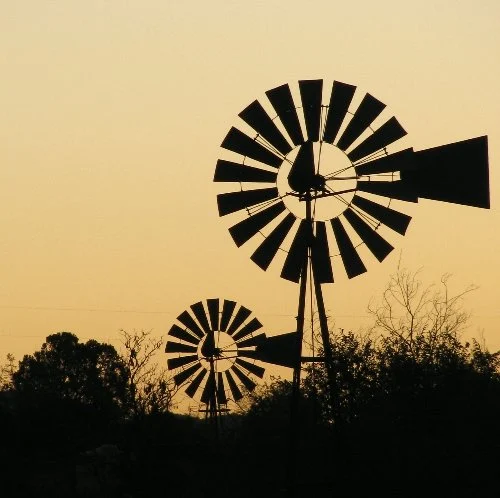It is strange that I can't even think of the word to describe a certain episode, "The Dust Flower," in the second season of "Rawhide." It is centered on the predicament of an "old maid," who the cattle drovers ran into, by accident. I don't like rehashing books or movies, nor giving away endings. So let's talk about this episode on a different level.
Many people have a condescending attitude to the 1950's, when this episode was made. They might be surprised to enjoy this episode -- after all the modern person is endowed with advanced and progressive attitudes about a Woman's role in society, while the episode was written in the out-of-date 1950s.
When you look at episodes written in the out-of-date 1950s, you actually seen the building blocks of many of the ideas that we associate with the 1960s. It is similar to the theme written about in Alexis de Tocqueville's "The Old Regime and the Revolution."
Tocqueville discussed how the "new" ideas normally attributed to the 1790s, were developed and popular with the elite several decades before the French Revolution. In comparing two things, one is forced to strip away the nonessentials, and see the essence, the basic structure.
Before the Revolution, the New Idea was already held by idealists and individualists. After, it became held by trend-following sheep.
Before, the New Idea was voluntary; after, it became mandatory and coercive.
But it is doubtful that many viewers of this episode of Rawhide considered any of the historical nonsense of this post. But many might have been affected by the beauty of kindness between men and women.
Many people have a condescending attitude to the 1950's, when this episode was made. They might be surprised to enjoy this episode -- after all the modern person is endowed with advanced and progressive attitudes about a Woman's role in society, while the episode was written in the out-of-date 1950s.
When you look at episodes written in the out-of-date 1950s, you actually seen the building blocks of many of the ideas that we associate with the 1960s. It is similar to the theme written about in Alexis de Tocqueville's "The Old Regime and the Revolution."
Tocqueville discussed how the "new" ideas normally attributed to the 1790s, were developed and popular with the elite several decades before the French Revolution. In comparing two things, one is forced to strip away the nonessentials, and see the essence, the basic structure.
Before the Revolution, the New Idea was already held by idealists and individualists. After, it became held by trend-following sheep.
Before, the New Idea was voluntary; after, it became mandatory and coercive.
But it is doubtful that many viewers of this episode of Rawhide considered any of the historical nonsense of this post. But many might have been affected by the beauty of kindness between men and women.


Comments
I enjoy watching programs from the 50's too. Probably in the same way you do,in that I can see the beginnings of things as we know them today. However, I also see how we have lost things along the way as well and I suppose this is inevitable as folks don't realize what they've lost at the time so do little to protect it or perhaps they even want to destroy these things due to their anger or perhaps societies can't really get better overall since they are all artificial constructs anyway.
George
Meant to say too that kindness seems to be one of the things we've thrown out the window these days.
George
I include tolerance as a form of kindness.
George